


ResulEvis
Forum Replies Created
Cats and dogs can eat some human food in moderation, but it’s important to be careful about what you feed them. Many human foods can be harmful or toxic to pets, so it’s important to know which foods are safe and which should be avoided.
It’s important to remember that any human food given to pets should be free of seasonings, sauces, and other additives, which can be harmful to pets. Additionally, some pets may have food allergies or intolerances to certain human foods, so it’s always best to check with a veterinarian before introducing any new foods to your pet’s diet.
Other safe human foods for pets include plain cooked eggs, brown rice, and plain yogurt. These foods can be given to pets in small amounts as a treat or as part of a balanced diet.
Some human foods that are safe for cats and dogs to eat in moderation include lean meats like chicken or turkey, vegetables like green beans or carrots, and fruits like apples or bananas. These foods can be a healthy addition to your pet’s diet and can provide them with essential nutrients.
Other foods that can be harmful to pets include fatty or fried foods, bones, and foods high in salt or sugar. These foods can cause digestive issues, obesity, and other health problems in pets.
It’s important to keep all human foods out of reach of pets and to be aware of the potential dangers of certain foods. If you suspect your pet has eaten something toxic or harmful, it’s important to contact a veterinarian immediately for guidance and treatment.
Some human foods that are dangerous for cats and dogs to eat include chocolate, caffeine, alcohol, grapes and raisins, onions and garlic, avocado, and macadamia nuts. These foods can cause a variety of health problems for pets, including gastrointestinal upset, kidney failure, and even death in severe cases.
One potential benefit of a raw food diet for cats and dogs is that it may provide a more natural and biologically appropriate diet for them. Supporters of raw food diets claim that it can lead to shinier coats, healthier skin, cleaner teeth, and better digestion in pets.
It’s important to consult with a veterinarian before starting your pet on a raw food diet and to carefully consider the potential risks and benefits. If you do choose to feed your pet a raw food diet, it’s important to handle and prepare the food safely to minimize the risk of bacterial contamination.
However, there are also several drawbacks to raw food diets. One major concern is the risk of bacterial contamination, which can lead to serious illness or even death in pets and humans. Raw food diets can also be nutritionally unbalanced, leading to deficiencies or excesses of certain nutrients. Additionally, raw food diets can be expensive and time-consuming to prepare.
If you do choose to feed your pet a raw food diet, it’s important to handle and prepare the food safely to minimize the risk of bacterial contamination. This includes keeping raw meat separate from other foods, washing hands and surfaces thoroughly after handling raw meat, and using appropriate storage and handling techniques.
Yes, cats and dogs can eat raw food. However, there are potential risks associated with feeding pets a raw food diet, including the risk of bacterial contamination from raw meat, bones, or eggs. It’s important to consult with a veterinarian before starting your pet on a raw food diet and to carefully consider the potential risks and benefits.
Some raw food diets may also be nutritionally unbalanced, leading to deficiencies or excesses of certain nutrients. It’s important to work with a veterinarian or animal nutritionist to ensure that your pet’s diet is nutritionally complete and balanced.
The best raw food diets for cats and dogs depend on their individual nutritional needs and preferences. Some popular options include a prey model diet, which mimics the diet of a wild carnivore by feeding whole prey or parts of prey, and a BARF diet (biologically appropriate raw food), which includes a variety of raw meat, bones, fruits, and vegetables.



Foods that should be avoided include chocolate, caffeine, alcohol, garlic, onions, grapes, and raisins, among others. These foods can be toxic to pets and can cause serious health problems, so it’s important to keep them out of reach of your pets.